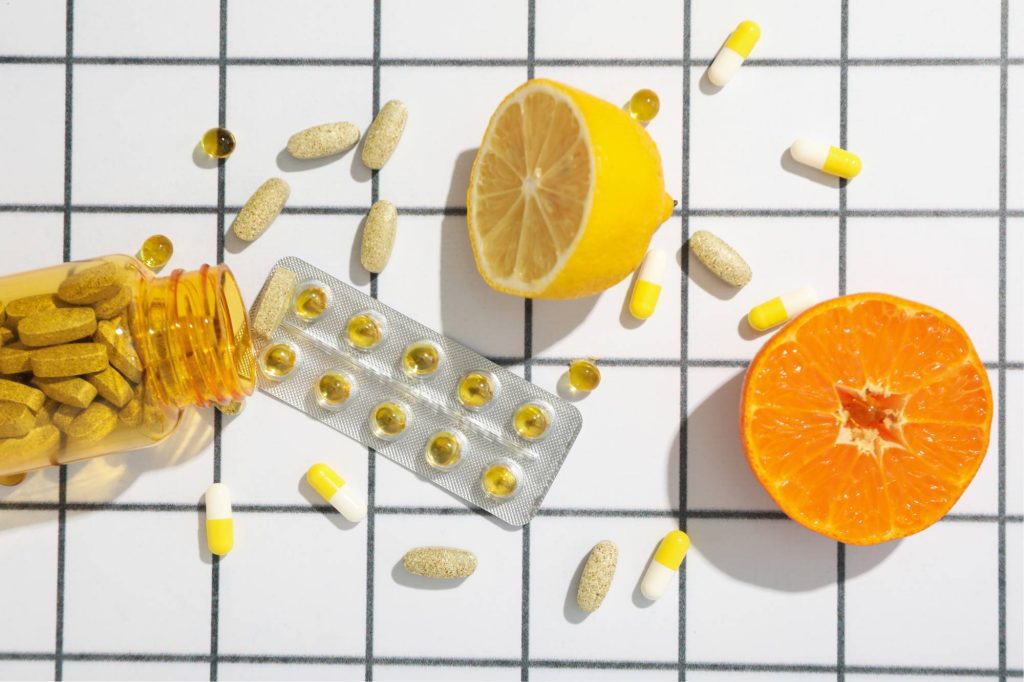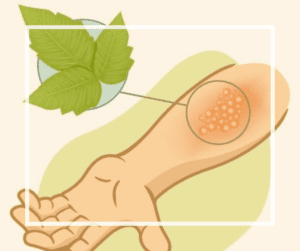Many people turn to supplements to support their health, but are they truly beneficial? Or could they be causing more harm than good?
The supplement industry is filled with misconceptions and supplement myths that may be leading consumers down a path of unnecessary or even harmful supplementation. Understanding the role of nutrition along with common supplements like vitamin C, vitamin D and countless others, coupled with alternative medicine is essential to making informed choices about health and wellness.
While dietary supplements can provide additional support in cases of deficiencies, they are not always the best approach to preventing diseases. Scientific evidence suggests that a nutrient-rich diet is more effective in promoting long-term health than relying solely on supplements. I always recommend and emphasize the importance of a balanced diet over excessive supplementation.
Dr. Gala’s Quick Take
No, common supplement myths can often do more harm than good. While some supplements help, relying on them instead of a balanced diet may cause health issues.
The Pitfalls of Random Supplementation

One of the most common mistakes people make is taking supplements without a clear understanding of their unique deficiencies and what their body actually needs. Many self-diagnose symptoms and turn to online resources, which often suggest a range of vitamins, minerals, and herbs as quick solutions. While the internet provides a wealth of information, it does not take into account individual health conditions, dietary habits, or potential interactions between supplements and medications.
Studies have shown that obtaining nutrients from whole foods rather than supplements leads to better health outcomes. A study published in the Annals of Internal Medicine in 2019 found that adequate intake of certain nutrients from foods, rather than supplements, was associated with reduced mortality. This highlights the importance of obtaining nutrients from a balanced diet rather than relying solely on dietary supplements.
Additionally, taking supplements randomly can result in more extreme imbalances rather than improvements in health. Many dietary supplement ingredients interact with each other, rendering some ineffective or leading to unintended side effects. Without proper knowledge and professional guidance, individuals may inadvertently create deficiencies in other key nutrients.
The Myth of “More is Better”

Another common misconception is that increasing supplement intake will automatically enhance health benefits. This is particularly relevant for fat-soluble vitamins like vitamins A, D, E, and K. Unlike water-soluble vitamins that the body can excrete fairly easily, excess fat-soluble vitamins are stored in the liver and fatty tissues, potentially leading to toxicity over time.
Vitamin D supplements should be taken cautiously. While many people are deficient, megadosing is not the best approach. The body requires proper conversion of vitamin D for optimal use, and overloading the liver with excessive amounts can lead to toxicity rather than improved health.
Moreover, excessive intake of minerals like iron and calcium can lead to complications. High doses of iron can cause digestive issues and organ damage, while excess calcium supplementation has been linked to cardiovascular risks. Understanding the body’s needs is critical to avoiding these adverse effects.
Timing and Quality Matter

Another overlooked factor in supplementation is timing. Many people take their supplements at random times for convenience, but this can impact their effectiveness. Vitamins and minerals are typically best absorbed when taken with food, as they are meant to complement the nutrients found in whole foods. In contrast, herbal medicines, alternative therapies, and homeopathic remedies often work better when taken away from food to ensure better absorption.
Beyond timing, the quality of supplements varies significantly. Generic or low-cost supplements from big-box stores may not undergo third-party testing, which ensures potency, purity, and bioavailability. Higher-quality brands often conduct rigorous clinical trials to confirm that their formulations provide maximum benefits, making them a better choice for those who require supplementation.
Supplements Cannot Replace a Nutrient-Dense Diet

One of the biggest myths surrounding supplementation is the belief that supplements can serve as a replacement for a balanced diet. The human body is designed to extract essential nutrients from whole foods, which provide a complex combination of vitamins, minerals, fiber, and phytochemicals that work synergistically. Relying on supplements while neglecting a nutritious diet can disrupt this natural balance and may even lead to nutritional imbalances.
In fact, some research has shown that many people unknowingly exceed the safe upper limits of certain nutrients when combining food intake with supplements. This excess can create toxicity in the body, further contributing to what I refer to as “toxic stress” leading to health issues that are often difficult to resolve.
Furthermore, many plant-based foods contain bioactive compounds that improve nutrient absorption. For example, vitamin C found in fruits enhances iron absorption, and dietary fiber supports gut health, which in turn influences overall nutrient assimilation. Whole foods provide these intricate interactions, whereas supplements often isolate single nutrients without these natural benefits.
A Smarter Approach to Supplementation

The best approach to supplementation is a strategic one. Supplements should be used as short-term support rather than long-term solutions. A therapeutic dose, which typically lasts from one to three weeks, may help address temporary deficiencies or specific health concerns. Beyond that, a well-balanced diet rich in whole foods should serve as the primary source of essential nutrients.
Additionally, supplements should be reassessed regularly to ensure they are still necessary. If a supplement has been used for more than six months without review, it may no longer be beneficial and could be contributing to toxicity or unnecessary internal stress.
Folic acid, commonly used in prenatal care, is an example of a dietary supplement that has been widely researched and recommended for a specific short-term increased need. However, other supplements lack sufficient scientific evidence to support their long-term efficacy and safety.
Key Takeaways
- Random supplementation without medical guidance can do more harm than good.
- A nutrient-rich diet remains the most effective way to obtain essential nutrients.
- Fat-soluble vitamins like A, D, E, and K can accumulate and cause toxicity … especially in the liver.
- Megadosing vitamin D is not recommended. Improper conversion in the body is typically the cause of a deficiency.
- Excess intake of minerals like iron and calcium can have adverse effects.
- Timing of supplement intake affects absorption and effectiveness.
- High-quality supplements undergo third-party testing, ensuring safety and bioavailability.
- Supplements should be taken as short-term solutions, not long-term replacements for a healthy diet.
- Regular reassessment of supplement intake is crucial to avoid adding unnecessary toxicity.
- Whole foods provide a synergistic effect that supplements alone cannot replicate.
- A well-functioning gut is crucial for effectively absorbing nutrients.
- Complementary and Alternative Medicine can provide additional health benefits when integrated correctly with conventional medicine.
Final Thoughts
While supplements can play a role in supporting health, they should not be used as a substitute for a nutrient-dense diet. Health conditions should be managed with a combination of nutrition, complementary and alternative medicine, and holistic medical care.
Ultimately, health is not about shortcuts but about sustainable habits that nurture the body and mind over the long term.
“If you came into my office, I’d ask you a lot of questions that would help us connect the dots … so that together we can deal with your toxic stress.
Every situation is unique and you need a plan that works for you. Not a one-size-fits-all solution.
If you’re thinking you can’t come into my office, don’t worry. I’ve created a program with all of my initial recommendations to help you unravel the mystery. You can use it at home and at your convenience.
So if you’re thinking that managing chronic stress just isn’t possible … or even the answer … for you, I want to show you what you may be missing.
And how you can identify the toxic stressors that are creating your symptoms with my Human Energy System Reboot. You can get started HERE.” – Dr. Gala











